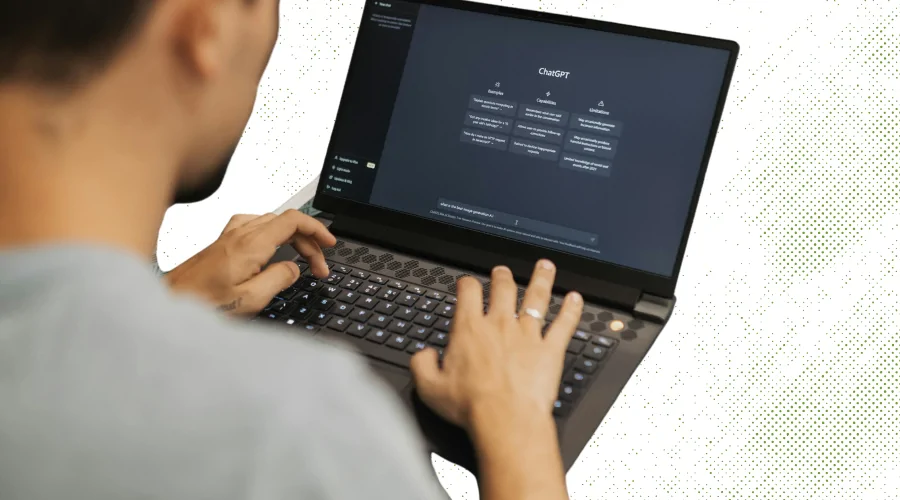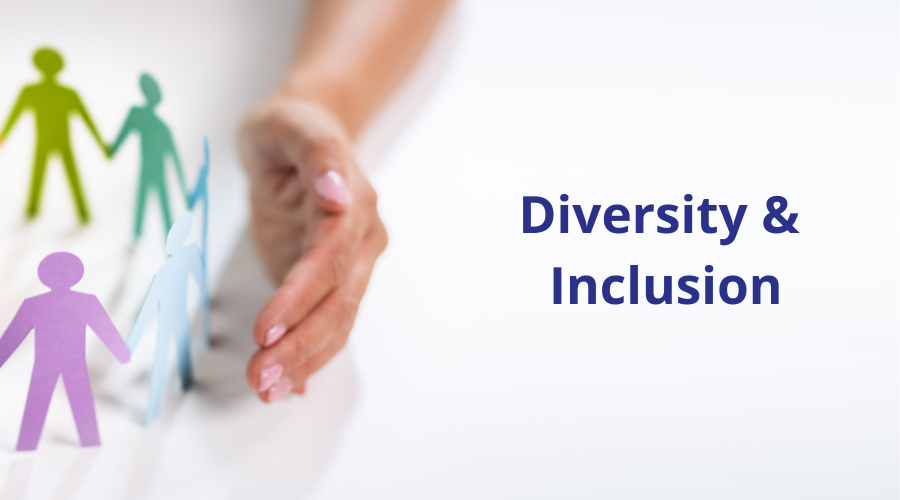
Quick CV Dropoff
Want to hear about the latest non-profit and public sector opportunities as soon as they become available? Upload your CV below and a member of our team will be in touch.

Diversity has become a buzzword in the last few years and it’s great that organisations are being more proactive in attracting a varied pool of talent. However, though we often hear about diversity in terms of age, gender and ethnicity, we don’t often hear about cognitive diversity.
Alison Reynolds and David Lewis wrote in the Harvard Business Review, “Cognitive diversity has been defined as differences in perspective or information processing styles. It is not predicted by factors such as gender, ethnicity, or age.”
People will have different styles of resolving a problem and can therefore offer diverse perspectives because they think in different ways. The reality is though, that when someone leaves an organisation, it is natural to want to replace the employee or Trustee with a replica. Or we might think that if someone has graduated from a specific university, they will be more successful, or that to employ previous colleagues or friends might be the solution to building the dream team.
This is natural because we are most comfortable with people who think the same way that we do but this behaviour is only encouraging groupthink. Sara Canaday wrote on the subject for Psychology Today, “A culture that encourages (explicitly or implicitly) conformity of thought breeds stagnation and imperils a company.” The reality is that by getting more of the same, you will end up with a team or Board which will tend to bring similar ideas and styles of problem-solving, which will be less likely to generate creativity and innovation.
So what does this mean for charity CEO’s or Chairs and what can we do to ensure a cognitively diverse Board or workplace? One of the speakers at the seminar said that there are currently mapping tools being developed to assess this type of diversity in the boardroom but until then, some simple recommendations can be applied.
As it’s in our nature to favour people who think the same way that we do, accepting and being aware of this is the first step. For example, during a group discussion, turn to the person who disagrees with the rest in a group and value their opinion. Encourage a work environment where staff and Trustees are comfortable to ask questions, where they are encouraged to think and do things differently (without having to fear the consequences if they fail whilst trying to find the right solution). Another idea is to encourage employees to take on different roles, so they bring a fresh perspective in an area they’re less knowledgeable in. Ensuring staff work with other teams and divisions can also broaden their horizon which will stimulate staff to be more innovative and as a result, teams and organisations will be more successful. One speaker said, “the success of organisations and a healthy society requires a need to actively seek differences.” and that, “a non-conditioned brain will want to change things”. Though changing the way we think can be rather difficult, being aware of this and having a genuine willingness to seek differences is a good place to start.
So the next time you think about diversity and inclusion and think you have bigger issues to resolve, make sure you focus on this important issue - cognitive diversity could actually be the answer to your challenge.
To find out more about TPP's Board recruitment services contact our Leadership & Governance team on 020 7198 6060 or email executive@tpp.co.uk.